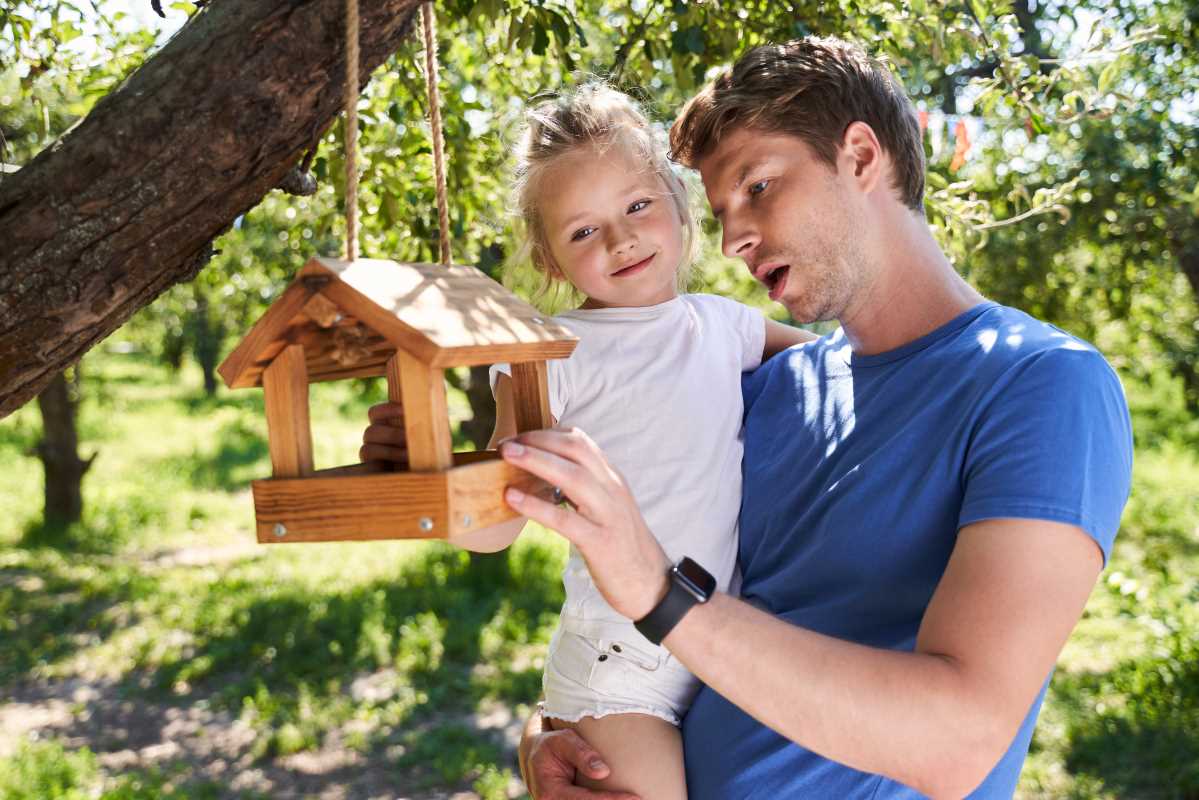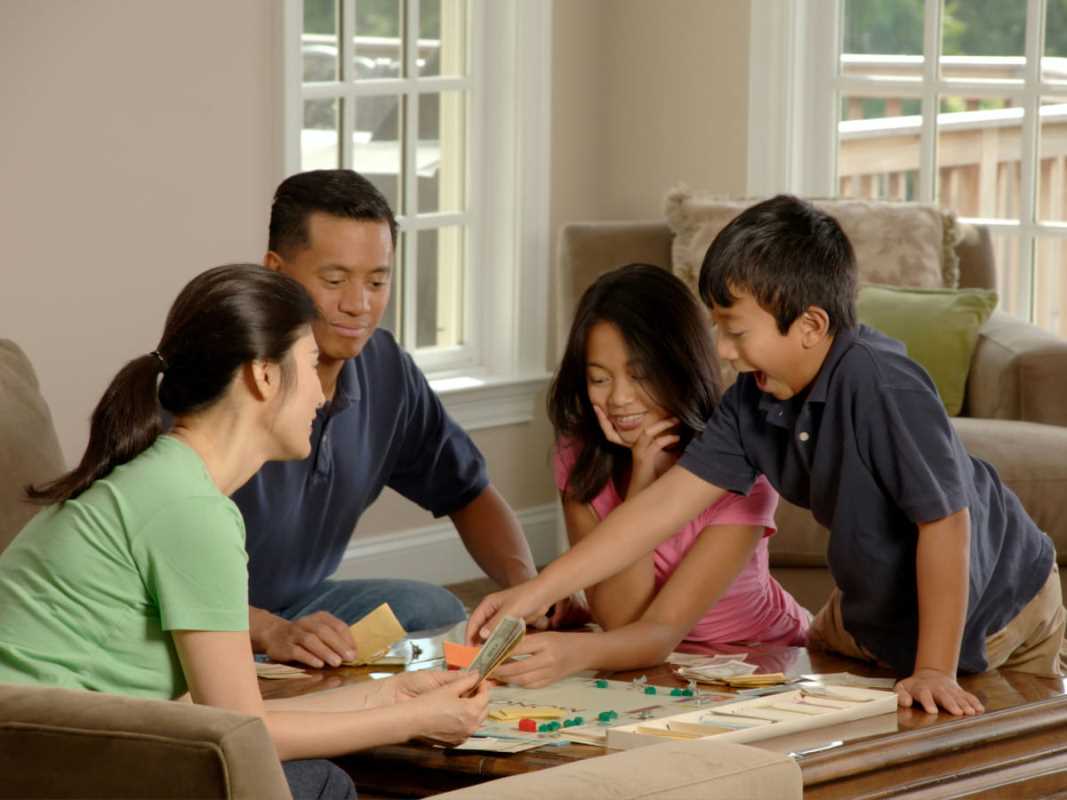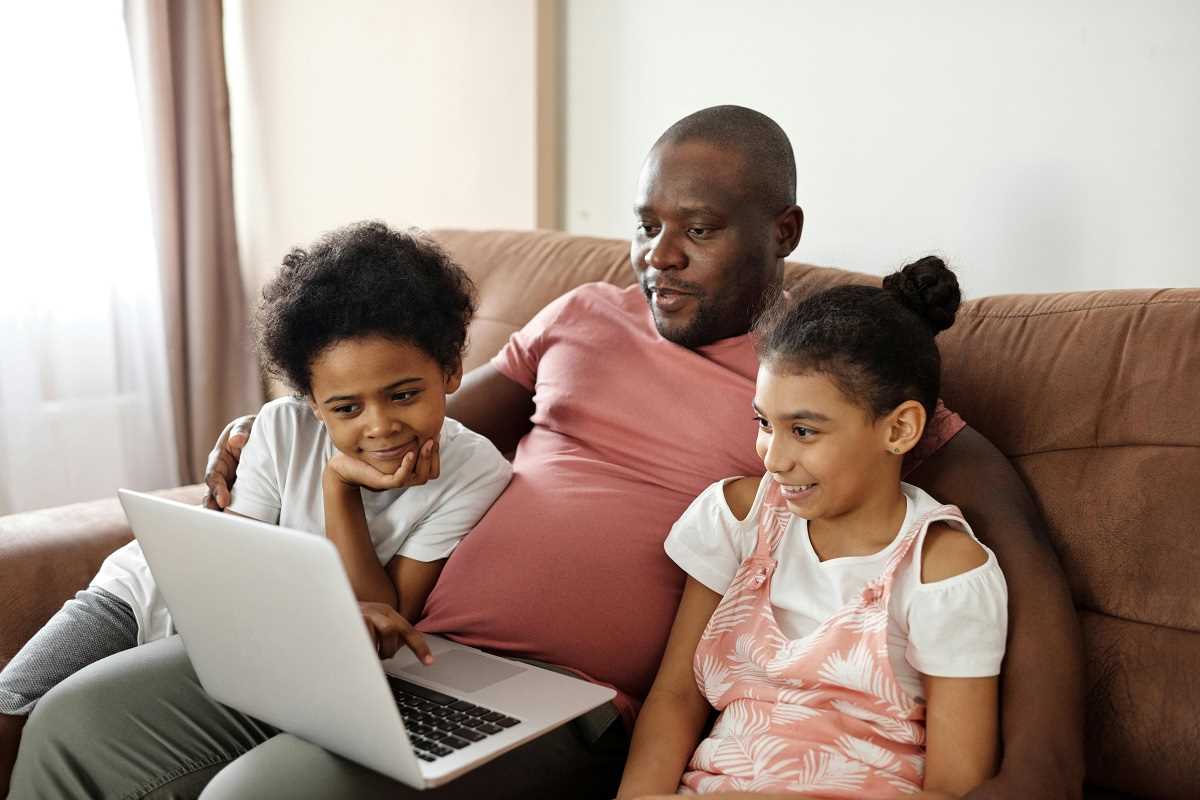Divorce is often described as one of life's most stressful events, and if kids are involved, that stress can skyrocket. Between juggling schedules, managing emotions, and keeping communication civil, co-parenting can feel like navigating an emotional obstacle course. But it doesn’t have to be agonizing. With the right strategies and mindset, co-parenting can become a team effort that actually works—for everyone involved.
The goal is simple but powerful: to create an environment where your children can thrive, even after big changes in family dynamics. Research consistently shows that kids do better when both parents remain actively and positively involved in their lives. That’s why co-parenting isn’t just about tolerating your ex; it’s about collaboration, growth, and showing up for your children. To make it less daunting, here are strategies that can help make co-parenting a smoother and more positive experience.
Communicate with Respect and Clarity
Effective communication is the foundation of successful co-parenting. It doesn’t mean you and your ex have to be best friends or even see eye-to-eye on every issue, but it does mean maintaining a level of respect and professionalism when discussing parenting matters. Think of it as a business partnership where the shared goal is raising happy, healthy kids.
One key to healthier communication is finding the right medium. For some co-parents, face-to-face conversations work well, while others prefer texts or emails to keep things clear and low-pressure. Research shows that clear written communication can reduce misunderstandings and emotional flare-ups. Using tools like co-parenting apps, such as TalkingParents or OurFamilyWizard, can also make organizing schedules and tracking expenses much easier.
Whatever method you choose, focus on the needs of your children rather than rehashing past disagreements. When conversations stay centered on the kids, there’s less room for conflict and more opportunity to work as a team.
Prioritize Consistent Routines
Stability is incredibly important for children, especially after something as life-changing as divorce. When routines are consistent across both households, kids feel more secure and less stressed. It might seem challenging to align schedules with an ex, but maintaining predictable bedtimes, homework routines, and meal patterns in both homes can make transitions smoother.
Start by discussing and agreeing on the basics. Things like school pickup times, weekend plans, and screen time limits should be consistent. While every household will have its quirks, overlapping structures between homes provide comfort for kids. It reinforces that, even though their parents live separately, they’re on the same page when it comes to parenting.
Avoid Talking Negatively About Each Other
Divorce often comes with hard feelings, but kids should never feel caught in the middle of adult conflicts. Talking negatively about your co-parent in front of your children not only damages their relationship with the parent being criticized but also puts unnecessary stress on them to choose sides.
If you need to vent or process frustration, lean on trusted friends, therapy sessions, or a journal. Keeping those conversations away from your children helps create a healthy emotional environment where they feel safe loving both parents. And if they come to you with concerns about your ex, try to listen without interjecting your own feelings, focusing instead on being supportive and validating their emotions.
Practice Flexibility with Schedules
Life rarely runs on schedule, especially when kids are involved. Being flexible with schedules, while maintaining good communication, can make all the difference in your co-parenting dynamic. If your ex has an unexpected work obligation or if your child gets invited to a birthday party during your custody time, it’s helpful to show some flexibility.
This doesn’t mean becoming a pushover. It’s about creating a give-and-take relationship that ultimately benefits your child. Being open to compromises when reasonable builds goodwill between co-parents and sets an example of adaptability for your children.
Create a Parenting Plan
A well-thought-out parenting plan can be the glue that holds everything together. It should outline custody schedules, holidays, decision-making responsibilities, and any other shared parenting duties. A clear, written plan takes the guesswork out of co-parenting and reduces the chances of misunderstandings turning into arguments.
Parenting plans work best when they include specific details but still allow for some flexibility. For example, knowing exactly who handles drop-offs and pickups or how holidays rotate each year can provide clarity on big-picture decisions while allowing room for minor adjustments.
Focus on Your Child’s Perspective
When all else fails, coming back to your child’s perspective can be the north star that guides you through co-parenting challenges. How would your child feel about this situation? Are they thriving under the current arrangement? Keeping their best interests at the center of decisions helps you and your ex avoid making choices based on personal grudges or emotions.
Children of divorced parents often look to see how their parents interact as a model for their own future relationships. By prioritizing kindness, integrity, and cooperation, you’re teaching valuable life lessons about resilience, conflict resolution, and empathy.
Take Care of Your Own Wellness
You’ve probably heard the phrase, “You can’t pour from an empty cup,” and it couldn’t be truer when it comes to co-parenting. Stress and burnout are real obstacles that can interfere with your ability to show up as the best parent you can be. Making time for self-care, whether through hobbies, exercise, or simply a quiet moment with a cup of tea, helps recharge your emotional reserves.
Therapy or counseling can also be a game-changer, not only for processing the challenges of divorce but also for learning healthier ways to communicate and collaborate with your co-parent. When both you and your ex-partner are working toward better self-awareness and emotional health, your co-parenting dynamics often follow suit in a positive direction.
Rather than focusing on the frustrations or setbacks that come with co-parenting, celebrating small wins and focusing on shared goals for your children can make the experience more rewarding for everyone involved.
 (Image via
(Image via





